Education Policies
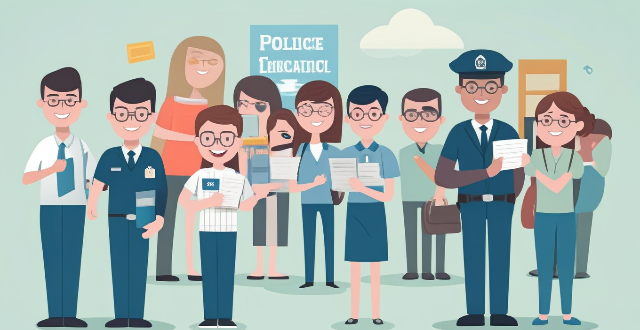
How do immigration policies impact the education system ?
Immigration policies have a significant impact on the education system, affecting student diversity, resource allocation, and quality of education. Increased student diversity can be beneficial but also presents challenges for educators. Changes in resource allocation may strain budgets and impact access to educational resources for immigrant families. Challenges related to the quality of education include meeting the needs of students with varying levels of academic preparedness and addressing discrimination or bias in the education system. It is important for educators and policymakers to consider these factors when developing policies and practices related to immigration and education.

What policies have countries implemented to ensure equal access to education for both sexes ?
Policies for Equal Education Access: Key Policies and Challenges
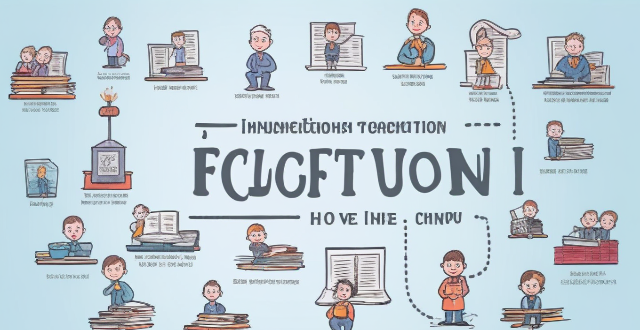
How do these new education policies impact students and teachers ?
The implementation of new education policies can have significant effects on both students and teachers. Potential impacts on students include changes in academic performance, mental health, and access to education. For teachers, new policies may require professional development, adjustments in teaching approaches, and increased workload and stress levels. It is crucial to consider the potential effects before implementing any changes and ensure that they align with the goals of providing high-quality education for all students.

What policies can governments implement to promote educational equity ?
Policies for Promoting Educational Equity summarizes key policies governments can adopt to ensure equal access to quality education for all students, regardless of their socio-economic background, race, gender, or any other factors. These policies include universal access to education, quality education, inclusive education, reducing socio-economic disparities, promoting gender equality, addressing racial and ethnic disparities, and collaboration and partnerships with non-profit organizations, private sector companies, and community groups.

What role do technology and digital learning play in these new education policies ?
The text discusses the integration of technology and digital learning in new education policies, highlighting their benefits such as personalized learning, accessibility, interactivity, collaboration, and real-time feedback. It also outlines key areas of integration, including curriculum development, teacher training, student assessment, administrative functions, and infrastructure development. However, challenges such as equity, privacy and security, teacher readiness, and quality control need to be addressed to fully realize the potential of technology in education.

In what ways do inclusive policies contribute to economic growth and development ?
Inclusive policies are crucial for economic growth as they ensure benefits reach all societal segments. Key contributions include increased access to education, improved health outcomes, enhanced labor market participation, promotion of social cohesion, stimulation of domestic consumption, and attraction of foreign investment. These policies create a virtuous cycle benefiting both the economy and society's well-being.
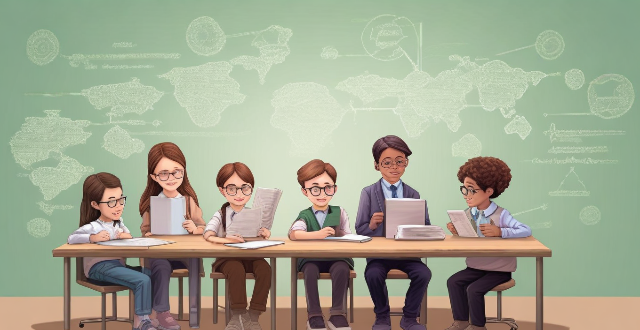
How will these education policy updates impact the future of education in our society ?
Education policy updates may increase access to education, emphasize STEM education, and improve student outcomes.

What are the implications of these education policy updates for higher education ?
Education policy updates have significant implications for higher education institutions, students, and educators. These policies can impact the quality of education, access to education, and the overall structure of higher education. One of the main implications is the potential for curriculum changes, which could lead to changes in course offerings, teaching methods, and assessment practices. Another implication is the need for faculty development, as educators may need to update their skills and knowledge to effectively implement new requirements. Changes to financial aid policies and admissions policies can also impact access to higher education. For example, if a policy requires universities to admit a certain percentage of underrepresented groups, institutions may need to revise their admissions processes to ensure compliance. Finally, education policy updates can influence the structure of higher education by modifying accreditation standards and promoting inter-institutional collaboration. It is essential for higher education stakeholders to stay informed about these policy updates and adapt accordingly to ensure that they continue to provide high-quality educational experiences for all students.

What strategies have been successful in promoting female education in developing countries ?
Promoting female education in developing countries is crucial to socio-economic development. Successful strategies include community engagement, government policies, education system reforms, partnerships, and technology integration. These efforts aim to ensure every girl has the opportunity for quality education.

Do immigration policies influence language preservation or loss within communities ?
Immigration policies can significantly affect language preservation and loss in communities by changing demographics, shaping language education, community support, and intergenerational transmission. Open policies may increase diversity, while restrictive ones can lead to language loss.

How do immigration policies impact the social integration of immigrants ?
The text discusses the impact of immigration policies on social integration, highlighting factors such as access to basic services, employment opportunities, language proficiency, cultural sensitivity, family reunification, and legal status. It argues that policies promoting these aspects can facilitate better integration of immigrants into society, creating a more inclusive environment where they feel valued and respected.

How do climate change negotiations influence national environmental policies ?
The influence of climate change negotiations on national environmental policies is significant, as they set international targets and promote technology transfer, financial support mechanisms, adaptation measures, stronger legal frameworks, and public awareness. These discussions help countries develop comprehensive policies that integrate climate considerations across various sectors, ensuring policy coherence and effective action towards global climate goals.
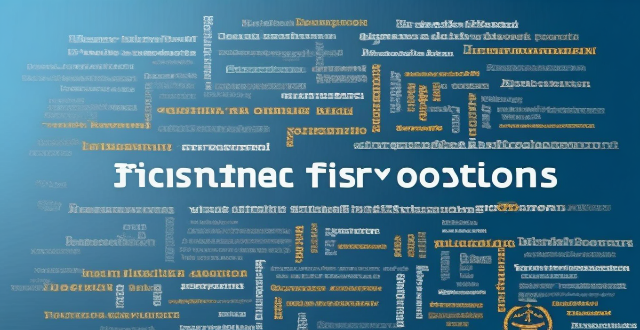
Can climate variability be mitigated through international agreements and policies ?
The text discusses the potential of international agreements and policies to mitigate climate variability, highlighting their roles in setting goals, promoting cooperation, creating legal obligations, and raising awareness. It also explores the impact of various policies on emission reduction, adaptation, research and development, and education. However, it acknowledges challenges such as political will, economic considerations, equity and justice, and compliance and enforcement. The text concludes that while these measures are crucial, they must be part of a comprehensive strategy that includes local efforts, technological advancements, and individual actions.
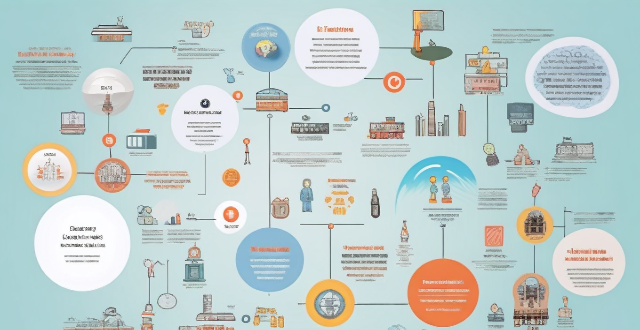
What are the latest updates in education policy ?
The latest updates in education policy focus on improving the quality of education, increasing accessibility, and preparing students for future challenges. Key areas of reform include remote learning and online education, inclusive education, curriculum reform, teacher professional development, and funding and resource allocation. These changes aim to create a more effective and equitable educational system for all students.

What role does education play in promoting inclusivity through policy-making ?
Education is crucial in promoting inclusivity by providing equal opportunities, breaking down barriers, enhancing social mobility, promoting cultural awareness, and empowering individuals. Education policies should prioritize accessibility, diversity, teacher training, funding for underrepresented groups, and accountability measures to ensure that all individuals have equal access to education and can succeed regardless of their background or abilities.

How can inclusive policies help bridge the gap between socioeconomic classes ?
Inclusive policies can help bridge the gap between socioeconomic classes by addressing systemic inequalities and providing equal opportunities for all individuals. These policies include access to quality education, financial aid, fair hiring practices, job training programs, universal healthcare, community health programs, affordable housing, rent control policies, progressive taxation, tax credits, food assistance programs, and childcare assistance. By implementing these policies across various sectors, governments can create a more equitable society where individuals from all socioeconomic backgrounds have equal opportunities to succeed.

What impact do stricter immigration policies have on family reunification ?
Stricter immigration policies have a significant impact on family reunification, causing delays, increased costs, limited opportunities, negative socio-economic impacts, and challenges for children. Policymakers should consider these consequences when developing and implementing immigration policies that affect families.

In what ways does education empower women socially and politically ?
Education is crucial for women's empowerment, enabling them to challenge societal norms and contribute more fully to society. It fosters increased awareness, improved socioeconomic status, and enhanced social relationships. Education also leads to greater political participation, policy influence, and promotion of gender equality. Overall, education enriches society by improving the lives of women and contributing to a more equitable world.
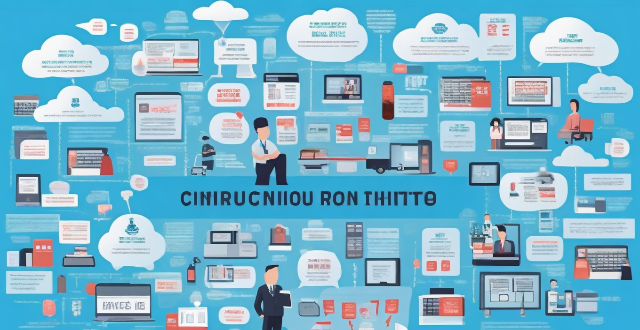
What challenges do countries face in implementing circular economy policies ?
Implementing circular economy policies is a complex process that countries face numerous challenges. These include lack of awareness and understanding, economic and industrial structure, legal and regulatory framework, market conditions and business practices, as well as social and cultural factors. Addressing these challenges is crucial for the successful implementation of circular economy policies, which can bring significant environmental and socioeconomic benefits.

What policies can encourage workers to shift towards climate-positive careers ?
Policies to Encourage Workers towards Climate-Positive Careers include education and training programs, financial incentives, job placement services, legislation, and public awareness campaigns. These policies aim to make climate-positive careers more accessible, incentivize workers to transition into these roles, and promote sustainability through various initiatives.

What are some common challenges faced during the implementation of climate policies, and how can they be addressed ?
Implementing climate policies faces challenges in political will, economic concerns, social acceptance, and technical limitations. Addressing these requires stakeholder engagement, policy coherence, innovation, and international cooperation.

What role do governments play in implementing climate policies ?
Governments play a pivotal role in implementing climate policies by setting regulations, offering financial incentives, raising public awareness, cooperating internationally, and planning infrastructure to combat climate change.
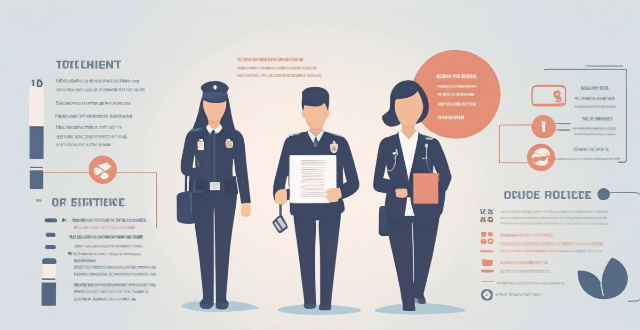
What policies can low-income countries implement to promote gender equality and women's empowerment ?
This article discusses various policies that low-income countries can implement to promote gender equality and women's empowerment. It highlights the importance of education, healthcare, economic development, legal protections, and cultural norms in achieving these goals. The article suggests policies such as equal access to quality education, vocational training programs, reproductive health services, microfinance programs, non-discriminatory hiring practices, protection from violence, property rights, positive media representation, and community mobilization. By implementing these policies, low-income countries can create a more inclusive and equitable world for all genders.

How do inclusive policies benefit society as a whole ?
Inclusive policies are designed to promote equality, fairness, and social cohesion by eliminating barriers and discrimination. These policies benefit society as a whole by ensuring equal access to resources, services, and opportunities for all individuals regardless of their background, abilities, or circumstances. In addition to promoting equality and fairness, inclusive policies also enhance social cohesion by fostering a sense of belonging and mutual respect among different groups within society. This leads to reduced discrimination, increased tolerance, and strengthened community bonds. Inclusive policies also have positive economic outcomes by expanding the talent pool, reducing poverty, and stimulating consumer spending. Furthermore, these policies foster innovation and creativity by providing diverse perspectives, encouraging risk-taking, and promoting collaboration. Finally, inclusive policies can enhance a country's global competitiveness by attracting talent, improving international relations, and driving economic growth.

How can we incorporate climate education into the school curriculum ?
Incorporating climate education into the school curriculum is crucial for preparing future generations to face the challenges posed by climate change. The strategies for integrating climate education include a cross-curricular approach, real-world applications, project-based learning, guest lectures and workshops, technology integration, critical thinking and problem solving, global perspectives, artistic expression, policy and advocacy, and continuous assessment. These approaches engage students across disciplines and prepare them for active participation in addressing one of the most pressing issues of our time.

What impact do inclusive policies have on minority groups and marginalized communities ?
Inclusive policies have a significant impact on minority groups and marginalized communities, promoting equality, diversity, and fairness in society. These policies improve access to education and employment opportunities, increase representation in government and decision-making processes, reduce discrimination and harassment, and improve health outcomes for these communities. Overall, inclusive policies help ensure that all individuals have equal opportunities to participate in all aspects of life.
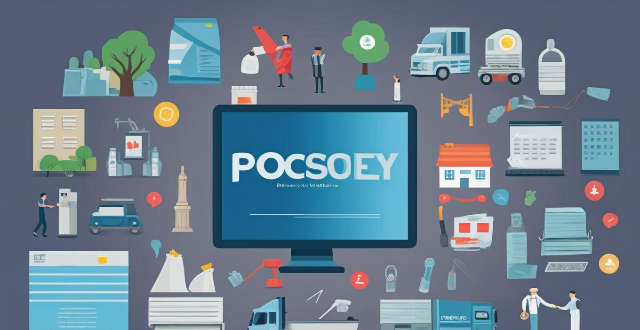
How do circular economy policies promote sustainability ?
Circular economy policies promote sustainability by reducing resource consumption, minimizing waste and pollution, fostering economic growth within ecological limits, creating social benefits and jobs, and encouraging systemic change and collaboration. Key practices include promoting product longevity, eco-design, zero-waste initiatives, clean technologies, circular business models, green jobs training, and multi-stakeholder cooperation. These policies aim to transition towards a more sustainable future by keeping resources in use for as long as possible while incurring the least waste.

What is the role of education in addressing climate change ?
Education is pivotal in addressing climate change by empowering individuals with knowledge, skills, and attitudes necessary to understand and combat the issue. It cultivates a culture of sustainability and resilience, preparing future generations to face the challenges posed by a changing climate. Education raises awareness about the science behind climate change, promotes environmental literacy, and fosters a fundamental understanding of the complex interactions between human activities and the environment. By integrating climate change into school curricula and higher education programs, students learn about the importance of biodiversity, renewable energy sources, and sustainable practices, equipping them with the tools to make informed decisions and adopt eco-friendly behaviors. Education encourages critical thinking and problem-solving skills, which are essential for finding innovative solutions to mitigate and adapt to climate change. Students are encouraged to engage in projects and research that promote sustainability and environmental conservation. Education can inspire a sense of responsibility towards the environment, encouraging individuals to take active roles in protecting it. This can lead to community-based initiatives, such as tree planting, waste reduction campaigns, and advocacy for environmental policies. Educated citizens are better equipped to participate in democratic processes, ensuring that climate change is addressed through effective policies and regulations. They can hold governments and corporations accountable for their environmental impacts and push for systemic changes. Education is vital for developing a green economy by creating jobs in renewable energy, sustainable agriculture, and other environmental sectors. It prepares the workforce for industries of the future, where sustainability is a core value. Education promotes cross-cultural understanding and cooperation, which is essential for addressing a global issue like climate change. International exchange programs and collaborations can share best practices and technologies across borders. Education is crucial for building the capacity of communities disproportionately affected by climate change, enabling them to adapt and thrive despite adverse conditions. It ensures that everyone has access to information and resources needed to cope with climate-related challenges. In conclusion, education is a powerful tool in the fight against climate change, informing and empowering individuals to become agents of change.

How can education help combat climate change ?
Education is a powerful tool in the fight against climate change by fostering awareness, promoting sustainable practices, stimulating innovation, and shaping policy. It empowers individuals to make informed decisions and advocate for environmental protection through comprehensive science education, applied learning experiences, interdisciplinary research, and civic engagement. By integrating sustainability into curricula and encouraging global perspectives, education prepares future generations to tackle the complex challenges of climate change effectively.
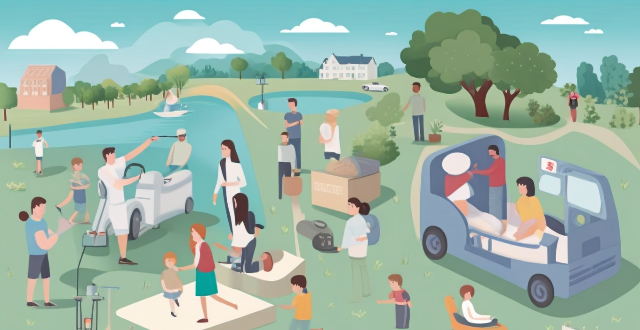
How do public health policies encourage individuals to engage in regular physical activity ?
Public health policies play a crucial role in promoting regular physical activity among individuals. They create awareness about its benefits, provide accessible facilities, offer incentives and subsidies, and integrate physical education into school programs. These efforts improve individual health and contribute to the overall well-being of society.